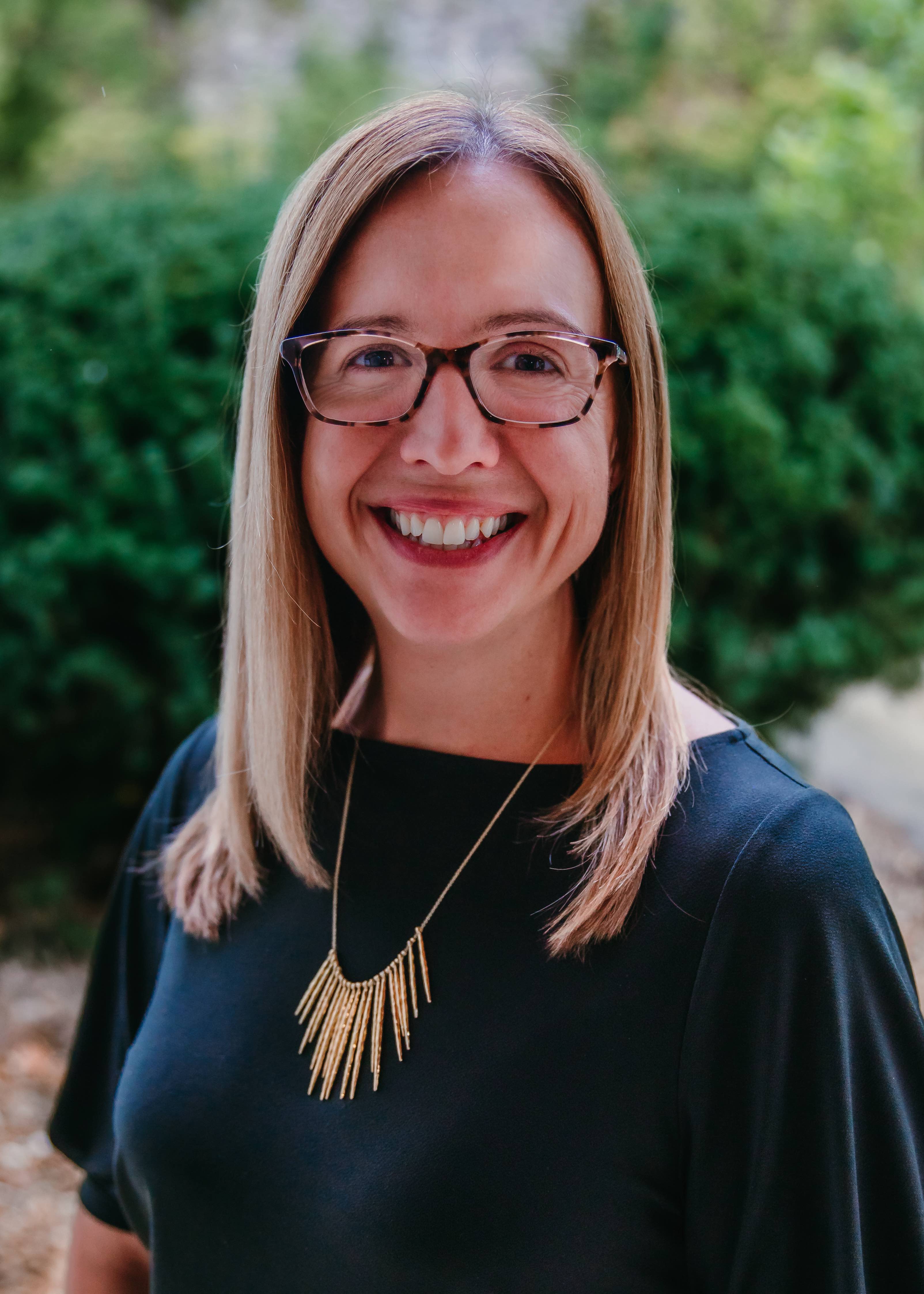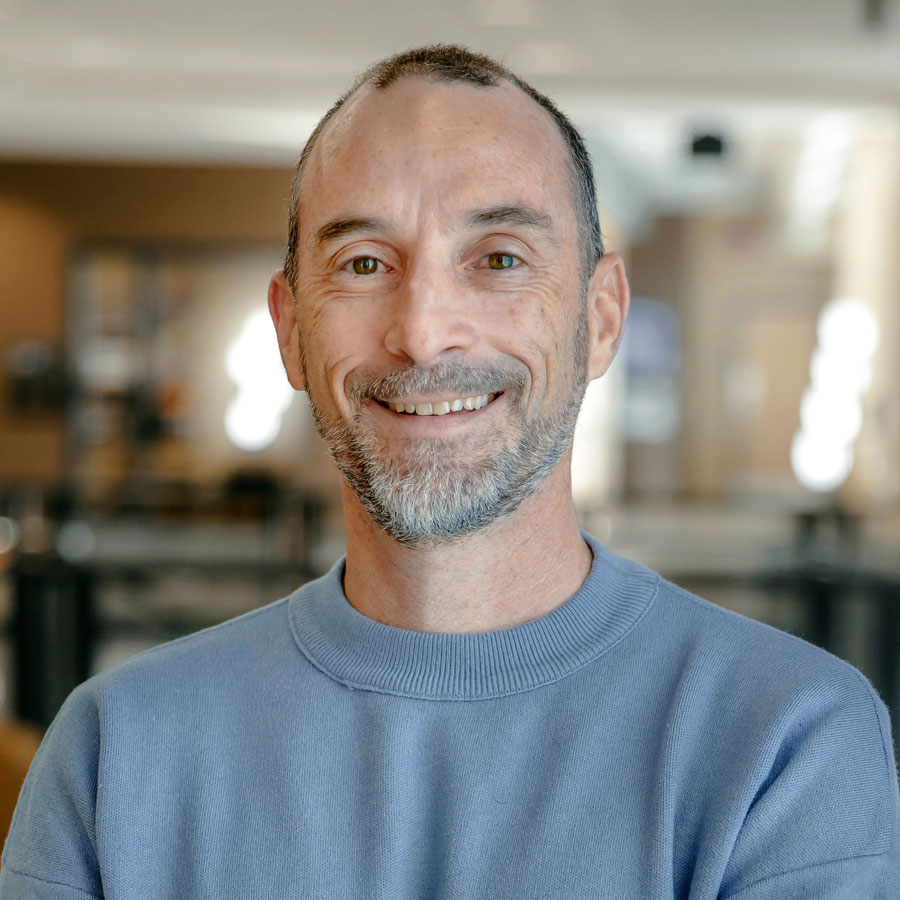Get started with Mizzou
Apply hereGraduate Certificate
Mizzou's Graduate Certificate in Youth Development Specialist program prepares you to work with youth in a variety of settings. It's a perfect complement to your skills working in education or human services. You'll learn from youth development experts from the Department of Human Development and Family Science.
If you want to boost your qualifications for a career as a youth professional, this certificate is for you. Students can enroll in this certificate as a stand-alone program. Current Mizzou graduate students can add it to their existing program of study.
This program is also a good fit for working professionals earning graduate degrees in one of these areas:
- K-12 education.
- Nursing.
- Social work.
- Counseling.
- Criminal justice.
Those seeking advanced training or specialization in working with youth populations are also encouraged to apply.
Do you want to focus on youth development programming? Mizzou Online has you covered. Check out the Graduate Certificate in Youth Development Program Management and Evaluation. And you can pursue your master's in youth development right here with Mizzou.
Quick facts
Official name
Graduate Certificate in Youth Development SpecialistCampus
Program type
Graduate certificateAcademic home
College of Education & Human Development | Department of Human Development and Family ScienceDelivery mode
100% onlineAccreditation
Higher Learning CommissionCredit hours
12Estimated cost
$7,464.00*This cost is for illustrative purposes only. Your hours and costs will differ, depending on your transfer hours, your course choices and your academic progress. See more about tuition and financial aid.

Career prospects
Graduates of the program can find employment in the following areas:
- 4-H
- Local and national afterschool programs (e.g., Boys and Girls Clubs)
- Foster care programs and transition services
- Juvenile justice programs
- Faith-based youth groups
- Non-profit organizations
Program structure
Delivery of this program is 100 percent online: no campus visits are required.
Courses are semester-based and offered by multiple universities taking part in the Innovative Digital Education Alliance (IDEA) consortium. Depending on which university is teaching your course that semester, your courses may have different start and finish dates.
Students typically take one or classes each semester and finish in one year.
Coursework includes
- Developmental needs and milestones of youth
- Community youth development settings and programs
- Understanding youth-family contexts and how to engage families in youth programs
- The importance of youth-adult relationships and fostering youth voice
- Policies that influence youth development and opportunities
Delivery
100% onlineCalendar system
Semester-basedTypical program length
1 yearTypical course load
1 or 2 classes each semesterAccreditation
The University of Missouri is accredited by the Higher Learning Commission, one of six regional institutional accreditors in the United States.
Innovative Digital Education Alliance (IDEA)
IDEA is a consortium of 20 renowned public universities from across the United States, offering online degree and certificate programs in human sciences and agriculture. Students apply to and are admitted by one university, enroll in all of their courses through that university and graduate from that university. However, the online courses are taught by faculty in the discipline from several universities.
Faculty spotlight

Melissa Herzog is the academic advisor for all students admitted to the University of Missouri's youth development graduate program. Dr. Herzog teaches the foundations of positive youth development and adolescents and their families courses. As an academic advisor, she has an open-door policy to support individual program planning and mentors all master's student capstone projects in the program. She is currently co-principal investigator of a federally-funded, statewide relationship education program for single adults across Missouri where she oversees evaluation and quality improvement. She has previously worked on social competence intervention development, teacher training and program evaluation for middle school youth on the autism spectrum.
For questions about the youth development graduate program and how it fits your personal and professional goals, reach out to Dr. Melissa Herzog.

As an applied developmental scientist, Steven Krauss’ expertise explores the dynamic interplay of youth and adult relationships in shaping and empowering psychosocial development. Dr. Krauss’ research program utilizes qualitative and mixed methods to delve into how developmental relationships contribute to the health and well-being of adolescents and emerging adults. A distinctive feature of his work is the application of a youth-adult partnership lens, through which he explores the myriad benefits, processes and barriers associated with collaborative efforts between youth and adults in various programs and projects. His current work focuses on relational capacity building among adult volunteers and youth members in 4-H programs in Missouri and the North Central region. Dr. Krauss teaches two courses: youth-adult relationships and program design and evaluation.
